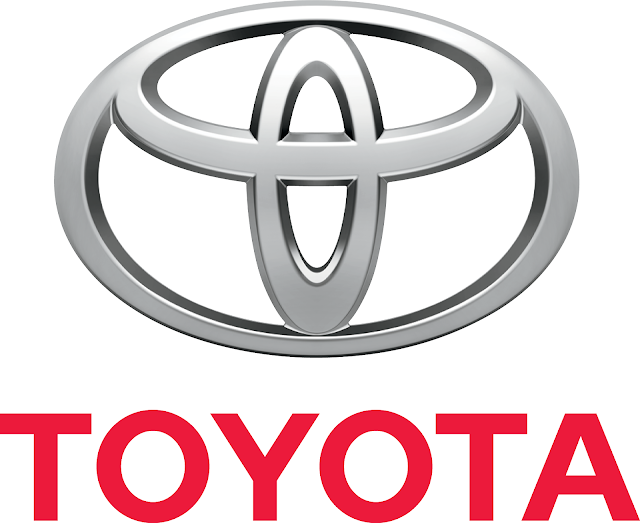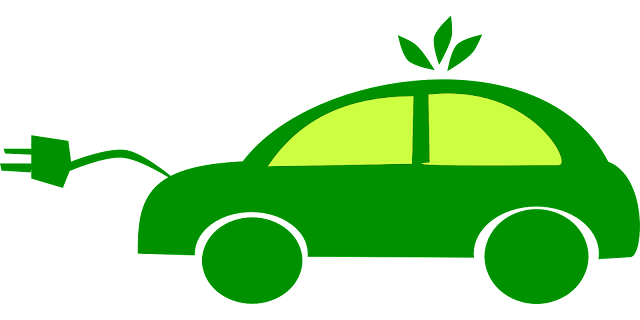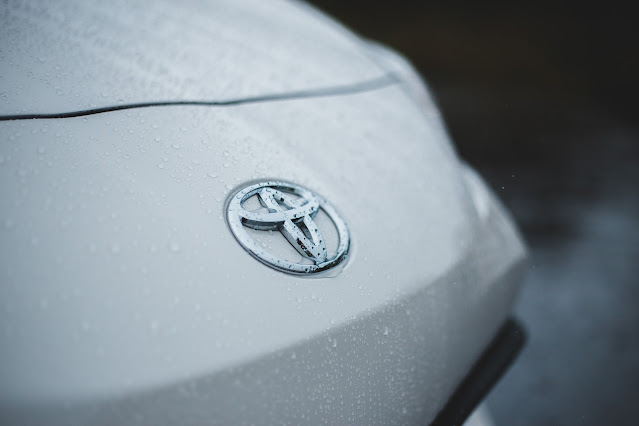During a recent plant tour in central Japan, Toyota
unveiled a series of groundbreaking advancements, some revealed to the public
for the first time. Among these innovations is a technique for crafting
high-gloss bumpers devoid of paint. This process involves meticulously
hand-polishing the mold to a mirror-like finish, imparting a stunning sheen to
the bumper.
In another stride forward, aging machinery, in service
for over three decades, has undergone a remarkable transformation. Through the
integration of robotics and 3D modeling, these units can now operate around the
clock, including nights and weekends, resulting in a threefold surge in
equipment productivity.
While Toyota's relentless pursuit of refinement and
cost efficiency propelled it from a post-war upstart to a global titan, it has
faced formidable competition in the realm of battery EVs. Tesla, another
tireless innovator, leveraged its own efficiencies to establish market-leading
profitability.
Under the stewardship of CEO Koji Sato, Toyota
unveiled an ambitious initiative in June to escalate its presence in the
battery EV market. This strategic shift marks a departure from past criticism,
accusing the pioneer of the iconic hybrid Prius of hesitancy in fully embracing
electric technology.
In pursuit of efficiency, Toyota has spotlighted its
self-propelled production lines, a groundbreaking concept where EVs
autonomously navigate the assembly process guided by advanced sensors. This
innovation negates the need for costly conveyor equipment and affords greater
flexibility in production.
During a live demonstration, EVs moved steadily down
the line without roofs, allowing for seamless installation of various
components. A Fanuc robot arm delicately positioned car seats into the EV
chassis, while nearby, an autonomous forklift efficiently handled additional
seats.
Furthermore, Toyota has introduced a self-driving
transport robot at the Motomachi plant in Toyota, Aichi Prefecture. This
autonomous workhorse shuttles newly produced vehicles across a sprawling 9.8
acre parking lot, a task previously carried out by human drivers. This
initiative not only reduces physical strain on employees but also optimizes
time, as drivers covering an average of 4.9 miles per day can now focus on
other tasks. Toyota envisions deploying 10 such robots at Motomachi by next
year and is open to extending their use to other facilities or even offering
them to external companies.
With these strides in technology and efficiency,
Toyota is poised to reclaim its position as an industry leader in the rapidly
evolving landscape of battery electric vehicles. By marrying innovation with
established production methods, the automaker is primed for a new era of
manufacturing excellence.
Related Articles:
Subaru's Electrification Venture: Pioneering EV Tech And Investments
Toyota's Electrification & Hydrogen Vision: Pioneering A Better Future
Mazda's Electric Vehicle Strategy: 2027 Market Expansion Plans
Tokyo Formula E Race 2024: Igniting Sustainable Future with Electric Vehicles
Honda Launches EM1 e: Electric Motorcycle: Affordable Commuting and Shopping Solution
Toyota's All-Solid-State Batteries: Revolutionizing EVs with Enhanced Range and Rapid Charging
Toyota and Subaru Forge Electric Vehicle Partnership for Exciting Future






Comments
Post a Comment